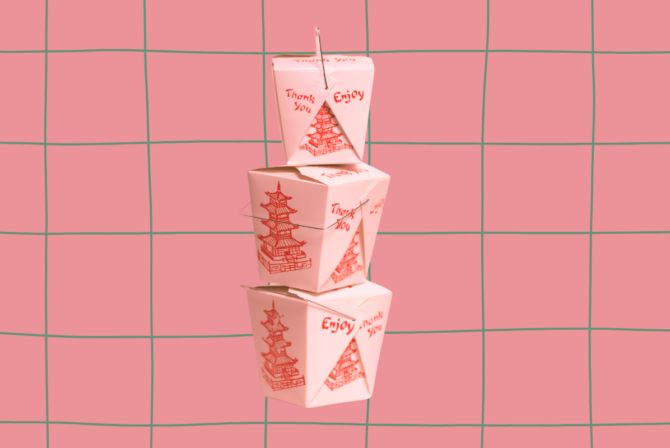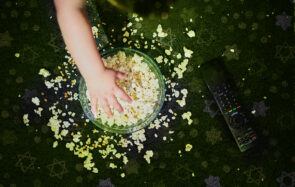Did you see the article in the New York Times about the Upper Breast Side? I went to that store with my daughters and I just loved it! It was the only time I felt understood and appreciated when I said that I wanted to re-lactate so I could nurse my soon-to-be-born twin grandsons. I got nods of approval and appreciation. My daughter was mortified.
I’m sure that in the old days when moms had children at a younger age, they and their daughters often had babies at the same time. And it would have made perfect sense, when a baby cried, to have had the nearest nursing mom pick up the baby and feed it even if it was the grandmother, not the mother. After all, wet nurses weren’t even related.
Back to the article. What caught my eye was that the owner does not carry “nursing covers” because, she said, “Have you ever tried eating while covering yourself with a shower curtain?”
I don’t like those covers either but for a different reason. They seem to symbolize the difference of how my generation of moms and that of today view nursing. As I’ve written before, for us it was not so much about the milk, but about the baby.
When I nursed, I sat in a comfortable chair with my feet up or lay in bed and immersed myself in the feel and sound of the baby sucking, her smell and the smell of my milk, the silky hair I stroked and the miracle I beheld. All those sensations contributed to making each (most) episode(s) of nursing a profoundly sensual and spiritual experience. (Which, by the way, I believe can be replicated with a bottle.) My older children (two were 2 ½ and one was 5 when their next younger siblings were born) knew that it was mommy and baby’s special time. They could play, read or lie near me and after the nursing, they, too would get my undivided attention. (I must admit that occasionally I had to get up and wipe a tush with my free hand.)
My contemporaries did not nurse in public because we knew it made people feel uncomfortable. (The fact that women do now, regardless, is the subject of another whole article but, in my opinion, probably has to do with the blurring of public and private space due to cell phones and social networking, as well as a sense of entitlement….) We knew we would not be going to certain places and events because we had to stay home with nursing infants and that we would have to excuse ourselves from interesting conversations to breastfeed. It was a given that nursing meant we would exclude ourselves from many social situations and public places. And if we absolutely had to go somewhere, or didn’t want to miss out on something in particular, most of us left a relief bottle of formula with no sense of guilt.
We did not have breast pumps and certainly never considered freezing milk. We expressed milk in the shower to relieve engorgement and didn’t worry much about whether the baby was getting enough milk unless she wasn’t gaining weight. We just seemed more relaxed than today’s nursing mothers. (And, I might add, we were not hard on moms who chose not to breast-feed the way many Kveller readers and bloggers seem to be. We respected that women make their own informed decisions.) The women I’ve observed nursing often look physically uncomfortable and don’t seem to be enjoying themselves. I think, again, that it’s because when we nursed, it was about the baby, not the milk. Using a nursing cover was unthinkable–not only because we didn’t nurse in public, but because we wanted, we needed to see the baby we were feeding.
As a young friend (who is a mother of a small child, is now pregnant and has a career) suggested to me recently, perhaps the emphasis on the milk has to do with the fact that so many women are working outside the home and feel that if they can’t have the full experience of nursing frequently throughout the day, at least the baby has their milk in a bottle. That may be so.
But I do hope that, 20 or 30 years from now, when today’s young mothers look back, they won’t regret that they did not make the most of the time when their babies were at their breasts.
Want to read more about breastfeeding? Mayim Bialik certainly believes that breast is best. Kveller gets the scoop on a formula shortage in Brooklyn. And one dad on why breastfeeding sucks.







